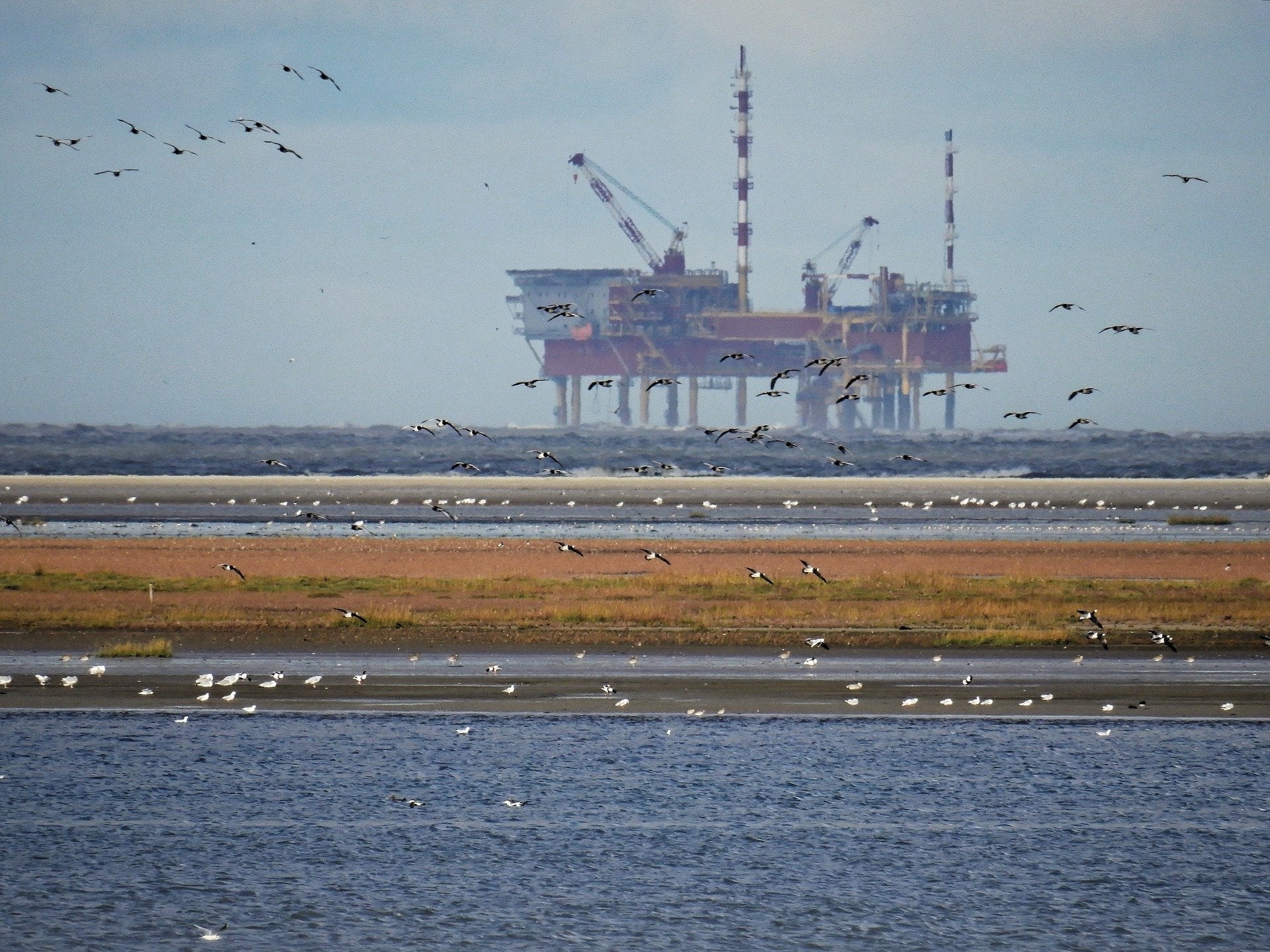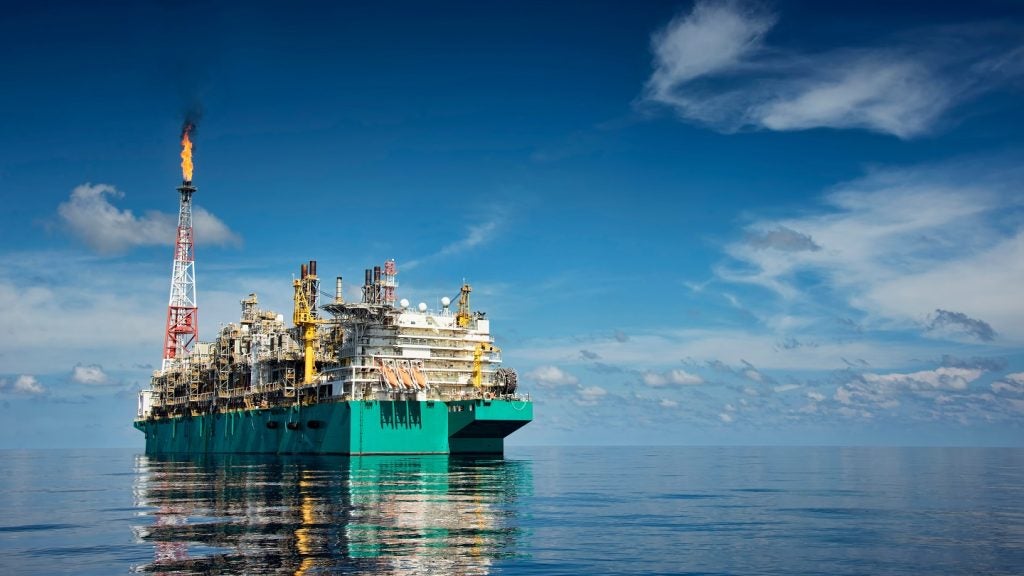
The Danish Government has announced that it will cancel all new oil and gas exploration and production projects in the North Sea by 2050, a profound commitment to decarbonising the energy mix of the EU’s largest oil producer.
The move is Denmark’s strongest commitment to realising its ambitious climate change targets, highlighted by plans to reduce emissions by 70% of 1990 totals by 2030 and reach net-zero emissions by 2050. The government also estimated that the move would cost the state around $2.1bn in lost revenue, highlighting Denmark’s interest in decarbonising its energy industry despite economic challenges.
The country’s offshore industry has been a historically productive enterprise, with a daily oil production of 145,000 barrels as of 2016, but this continued reliance on oil extraction has made reaching ambitious climate targets all but impossible. A 2019 report from Oil Change International found that the Danish oil and gas industry is expected to produce 664 million tonnes of CO2 between 2019 and 2050, with 401 million tonnes of this total coming from projects which had yet to begin operation. By putting a fixed deadline on new oil and gas projects, the country hopes to mitigate much of this anticipated production before it can begin.
Furthermore, the government announced that it would cancel the proposed eighth licensing round for oil and gas exploration, another move to head off these future emissions before they can begin. The cancellation of the licensing round was also motivated by Total’s withdrawal from bidding for new projects in October, which cast doubts over the company’s future in the Danish North Sea.
Total is responsible for significant projects, such as the Tyra gas redevelopment project, and the company is involved in the management of 97% of Danish natural gas production and 85% of Danish oil production. Projects which have already received approval, such as Tyra, will be unaffected by the announcement, though Total’s unwillingness to invest in new long-term projects in the region is likely to have influenced the government’s decision to abandon new projects altogether.
While industry majors have yet to respond to the news, environmentalists have, unsurprisingly, welcomed the announcement.
How well do you really know your competitors?
Access the most comprehensive Company Profiles on the market, powered by GlobalData. Save hours of research. Gain competitive edge.

Thank you!
Your download email will arrive shortly
Not ready to buy yet? Download a free sample
We are confident about the unique quality of our Company Profiles. However, we want you to make the most beneficial decision for your business, so we offer a free sample that you can download by submitting the below form
By GlobalData“This is a watershed moment,” said Helene Hagel, head of climate and environmental policy at Greenpeace Denmark. “Denmark will now set an end date to oil and gas production and bid farewell to the future licensing rounds for oil in the North Sea, so the country can assert itself as a green frontrunner and inspire other countries to end our dependence on climate-wrecking fossil fuels. This is a huge victory for the climate movement and all the people who have pushed for many years to make it happen.
“As a major oil producer in the EU and one of the richest countries in the world, Denmark has a moral obligation to end the search for new oil to send a clear signal that the world can and must act to meet the Paris Agreement and mitigate the climate crisis.”




